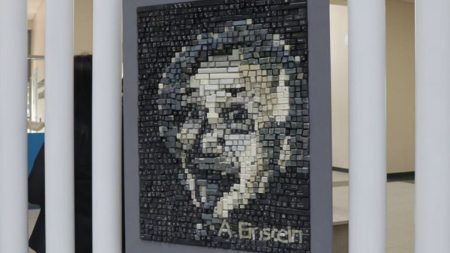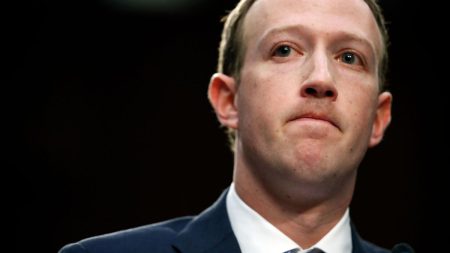In a recent exchange between Australian officials and billionaire tech mogul Elon Musk, the Australian government reaffirmed its commitment to safeguarding children online through new legislation aimed at regulating access to social media for users under 16. Treasurer Jim Chalmers took issue with Musk’s characterization of the legislation as a means to control internet access in Australia. The debate centers on a bill that, if passed, would mandate social media companies such as X (formerly Twitter), TikTok, and Facebook to enforce stricter age restrictions and prevent minors from using their platforms. This legislative move has been met with skepticism from Musk, who voiced concerns about potential overreach by the government.
Chalmers, addressing reporters, noted that Musk’s response to the proposal was unsurprising given the previous interactions between Musk and the Australian government regarding internet regulation. He maintained that the primary focus of the legislation was to protect children rather than to appease tech executives like Musk. The treasurer emphasized that the government’s role is to create a safer online environment for young Australians, stating, “Our job is not to come up with a social media policy to please Elon Musk.” His remarks underscore a firm stance against the notion that government measures should be swayed by industry influencers when it comes to public safety.
The proposed legislation is currently set for debate in Parliament, indicating that the government is taking a serious approach to the issue of children’s safety in the digital world. By targeting age restrictions, the bill aims to create a more controlled framework that would limit the exposure of young users to potentially harmful content and interactions inherent in social media environments. Chalmers’ comments that Musk’s views on online safety are not surprising suggest a wider context of friction between regulatory bodies and tech companies, particularly as governments around the world grapple with the implications of unfettered internet access for children.
Musk’s remarks highlight a broader concern among tech executives regarding government intervention in internet policies. The billionaire’s claim that the legislation could serve as a “backdoor way to control access to the Internet” reflects a tension between the aspirations of tech platforms for unrestricted access and the regulatory efforts aimed at curbing potential online harms. However, Chalmers countered Musk’s assertions by clarifying that the intention of the Australian government is rooted firmly in the protection of minors rather than in any attempt to exert control over the internet at large.
As the bill heads into parliamentary discussion, it reveals a growing recognition of the need for regulations that specifically address the needs and vulnerabilities of children in an increasingly digital society. The ongoing dialogue between government entities and technology leaders like Musk is indicative of the complex landscape where innovation and public welfare intersect. Chalmers’ commitment to placing children’s safety above corporate preferences reflects a broader governmental priority as societies look for effective ways to mitigate online risks without stifling technological advancements or internet freedoms.
In conclusion, the Australian government’s legislative efforts signify a proactive approach to tackling the challenges posed by social media and its impact on younger users. While tech leaders like Musk may view such regulations as restrictive, the legislation is aimed at fostering a safer online environment for children. As the bill proceeds through Parliament, it will be crucial for lawmakers to balance the interests of technological progress with the paramount importance of protecting vulnerable populations, particularly children, in the rapidly evolving digital landscape.














